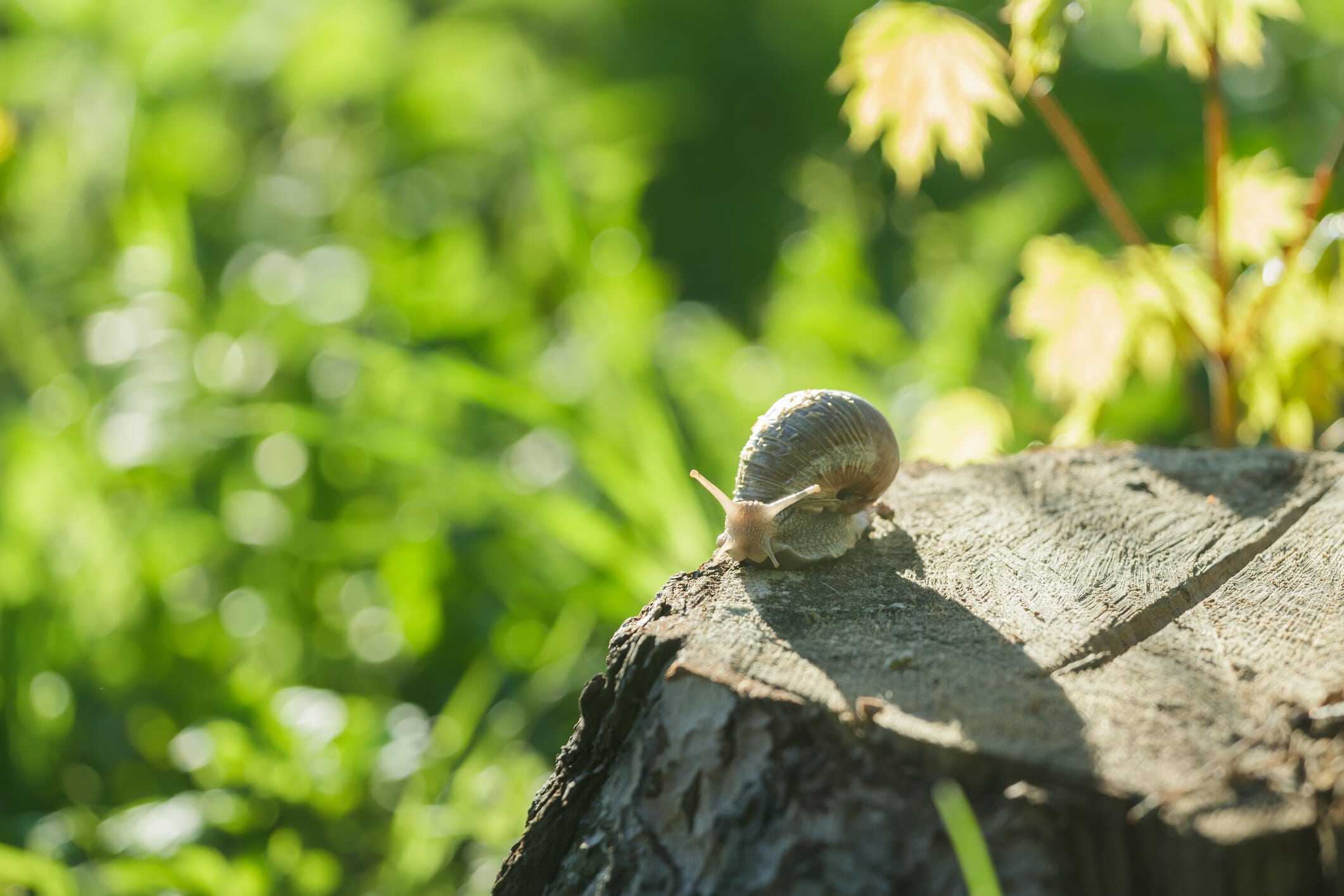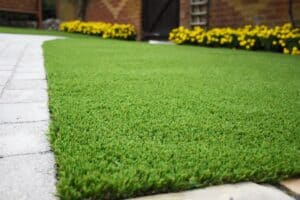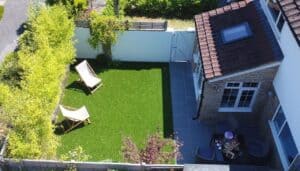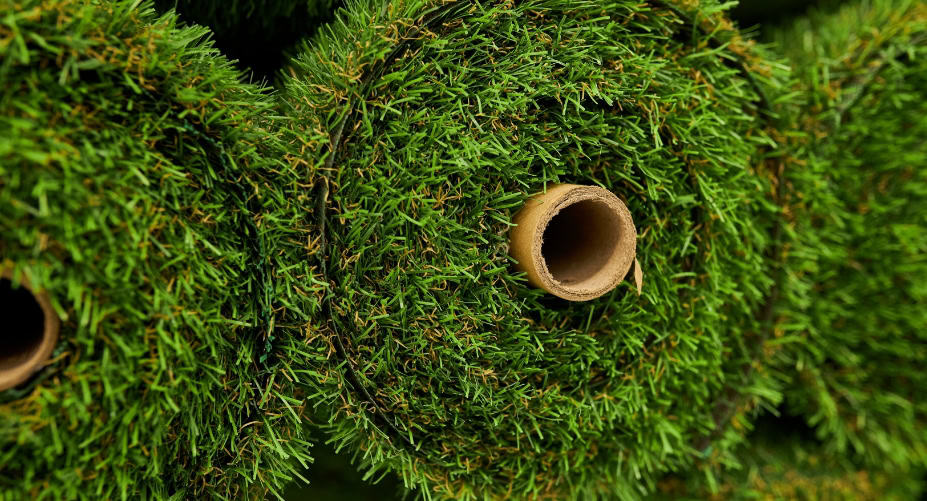How to Make Your Garden More Eco-Friendly
You’re probably aware that the environment is a pretty hot topic at the moment. And you’d be forgiven for thinking that just having a garden makes you pretty eco-friendly already, but like everything we as humans do, our garden has an impact. But don’t worry, there are many different ways that you can improve upon the impact your garden has. Your garden might be made up of plants, but it also probably consists of a patio or decking, fencing or walls, furniture, pots and more. That’s where you can make a difference – instead of buying new, you can buy something that’s been reused or recycled, and you’ll know that the origin, extraction, manufacture and installation is that little bit more eco-friendly. Look for recycled concrete or plastic for your decking or fencing, as it can be pretty convincing when it’s moulded to look like wood. Places like ebay, freecycle or preloved have all sorts, from furniture to old tin baths, gnomes, buckets – anything and everything that could be put to good use in your garden. Anything that you’re thinking of buying for your garden, you can reduce the impact it has by buying recycled or reused.
One important element for a lush, green garden is water. But where that water comes from and how you use it is important too. Capitalise on the water that comes from the sky on a very regular basis here in the UK and get yourself a rainwater butt. Collect and store this water though-out the year and you’ll conserve water, reduce your water bills and lower your carbon footprint. You can conserve water by making sure that you are watering your plants. You don’t have to know how each plant likes to be watered, you can simply check the soil, see if it’s damp and if it’s dry, then it should be watered. Only watering plants in the evening – this way the plant can retain more water with its oxygen and nutrients.
It’s tempting to go straight to the strong stuff when it comes to garden pests, but they can cause harm to other living creatures higher up the food chain. Bees, for instance, might get nectar from that weed you just sprayed with weed killer, and unsurprisingly, it’s not good for bees either! Instead, opt for the natural remedy. For instance, if you’re battling slugs, use copper rings or 2 pence pieces to discourage them. Whatever your ailment, there’ll be a more eco-friendly option for you.
We’ve already written about encouraging wildlife into your garden (read the full article here), and it definitely has eco-benefits. Think about some of the things that animals need to live – food, water & shelter and consider what kind of wildlife you want in your garden. If you want more insects, consider a variety of native plants, and you’ll entice lots of butterflies and bees. Install an insect hotel for them to live in, as well as a woodpile for those who like a bit of dead and decaying wood. Bird boxes, bird feeders and bird baths will all make your garden more appealing to birds too!
Growing your own food is great in a number of ways. It means that you’re not eating food that’s been flown across the world, it’s cheaper, and it will taste better too! It doesn’t really matter how much space you have, you’ll be able to plant something! Container gardens are a great place to start, especially if you’ve got limited space. There are plenty of herbs, vegetables and even some fruits work well in containers.
There are lots of different ways to make your garden more eco-friendly, and these ideas just scratch the surface, but it’s a great place to start.





